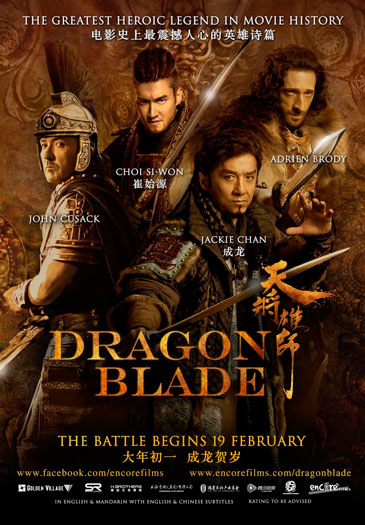The extended version of The Handmaiden was amazing. It wasn’t always easy to watch, particularly when the story moved to Hideko’s viewpoint, but it was a beautifully crafted story with a happy ending and I loved it. Here are thoughts that I had on first viewing about what heteronormative patriarchy does to female sexuality, and what the character of Count Fujiwara said to me about marginalization and misogyny.
Both sections have heavy spoilers for The Handmaiden with warnings for content including trauma, suicide, and sexual violence. Most of it is about Fujiwara; discussing Sook-Hee and Hideko's intertwined story required much more thought and work, and will be in a separate post.
( Brief thoughts on the reclaiming of female sexuality in Hideko's story )
( The tragedy of Count Fujiwara )
(The original version of this post appeared on my Tumblr on April 8, 2018. This version, among other changes, incorporates an addition I made on August 6, 2018 about Fujiwara's name.)
Both sections have heavy spoilers for The Handmaiden with warnings for content including trauma, suicide, and sexual violence. Most of it is about Fujiwara; discussing Sook-Hee and Hideko's intertwined story required much more thought and work, and will be in a separate post.
( Brief thoughts on the reclaiming of female sexuality in Hideko's story )
( The tragedy of Count Fujiwara )
(The original version of this post appeared on my Tumblr on April 8, 2018. This version, among other changes, incorporates an addition I made on August 6, 2018 about Fujiwara's name.)


 Mark was feeling a little down on New Year's and we searched for movies to watch. We both wanted something historical and he hit upon Dragon Blade, a piece of historical fiction (with heavy emphasis on "fiction") that was supposed to portray a clash between the Han Dynasty and Roman Republic on the Silk Road. I remember mentioning this movie to
Mark was feeling a little down on New Year's and we searched for movies to watch. We both wanted something historical and he hit upon Dragon Blade, a piece of historical fiction (with heavy emphasis on "fiction") that was supposed to portray a clash between the Han Dynasty and Roman Republic on the Silk Road. I remember mentioning this movie to 



